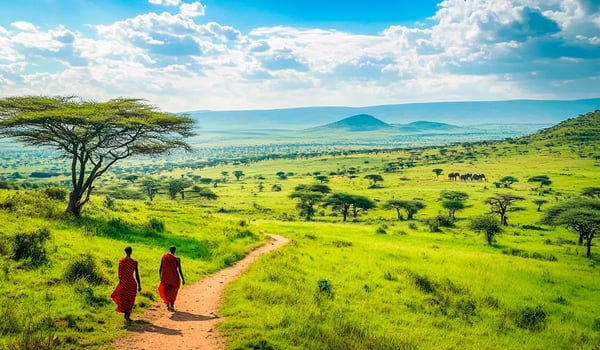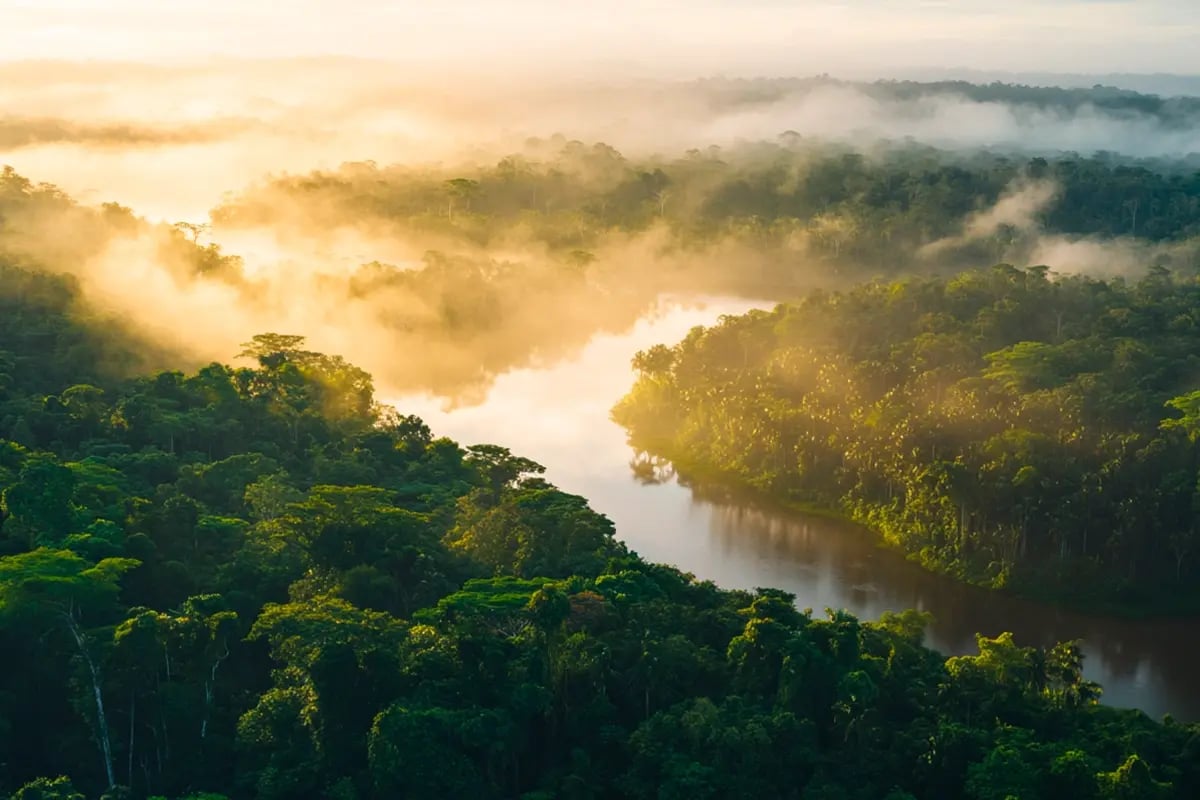The Johannesburg Stock Exchange (JSE) has taken a major step into the carbon market with its...

JSE trades 10,000 carbon credits, opening new offset pathways
1

Japan Revamps Carbon Credit Scheme to Meet Paris Agreement Standards
Japan has launched a consultation to align its Joint Crediting Mechanism (JCM) with the carbon...
1

Apple Shatters Carbon Offset Record
Apple has retired a record-breaking 737,100 tonnes of CO₂e in 2024—its largest volume of carbon...
1

New Research Places Social Equity at Core of Carbon Market Quality
The criteria for what defines a truly high-quality carbon credit are expanding—and at the forefront...
1



